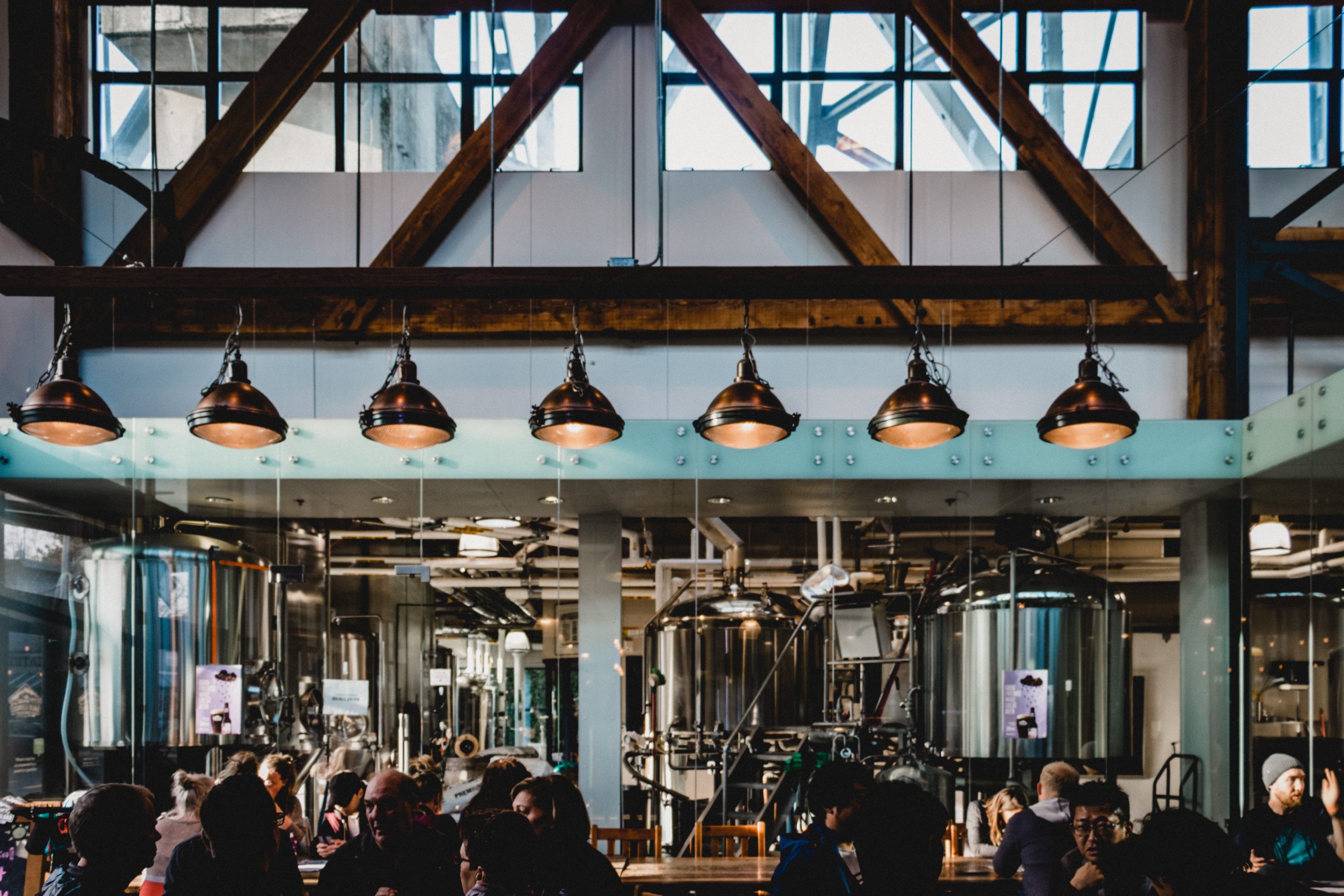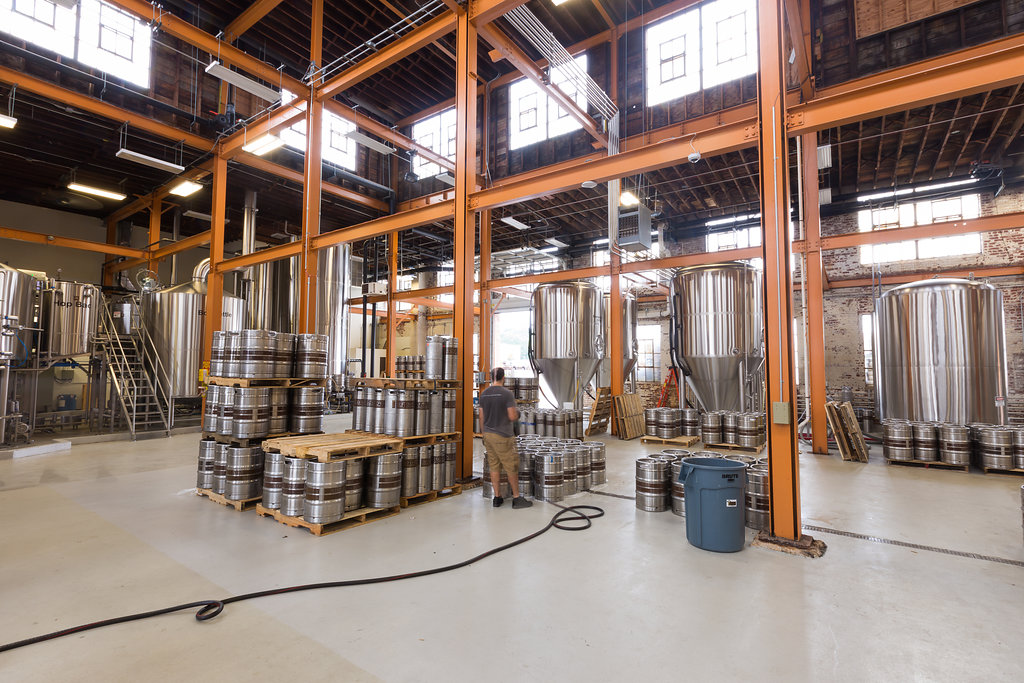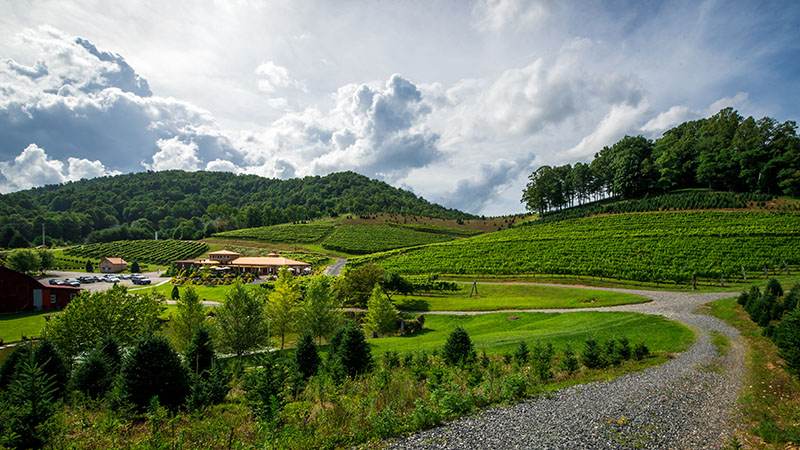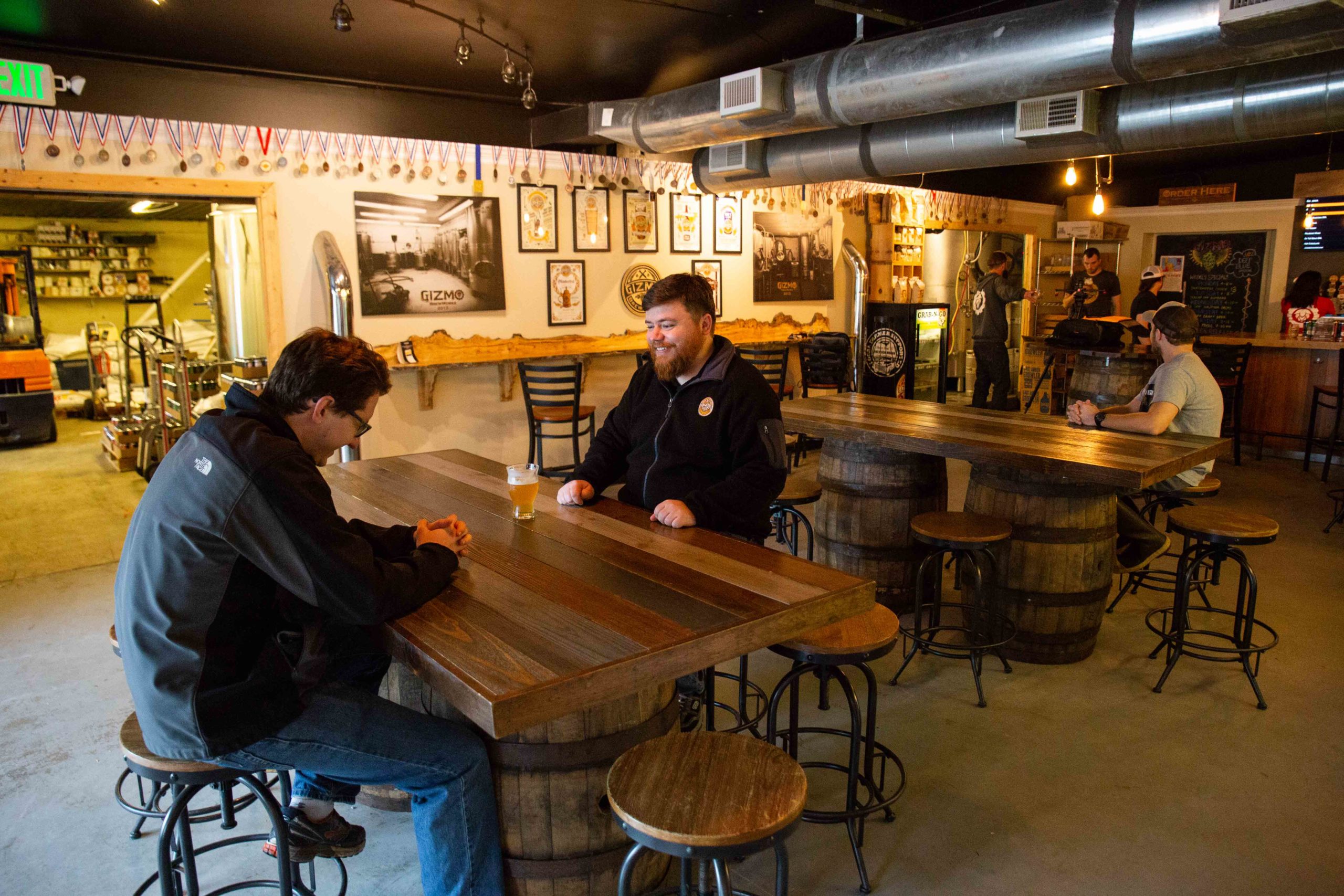Your physical space is one of the most important elements to consider when first opening a new brewery or winery. Essentially, it’s going to be the place where your brewing or winemaking intersects with your taproom or tasting room, allowing customers an inside look at your processes while they wander around and enjoy the end result right in their hands.
But when it comes to finding the right space for your brewery or winery, there are a few important considerations you and your team will need to make. Here’s a few to help you get started in finding the perfect location to call home.
Ask yourself, “Who are we trying to attract?”
When you first started your business, you probably took some time to think about your target customer, getting to know their expectations, likes and dislikes very clearly. Think about where these individuals are in their current stage of life.
Are you looking to bring in more of a family crowd, with babies, toddlers, and family pets in tow? Are you hoping to be the go-to spot for couples to meet up with other coupled friends for an afternoon? Or are you expecting that weekend late-night crowd that likes to go until the wee hours of the morning?
Determining who you’re looking to serve at your winery or brewery will help you to narrow down the location around town that fits with the demographic you’re looking to attract. When in doubt, go where your people are!
What’s the “vibe”?
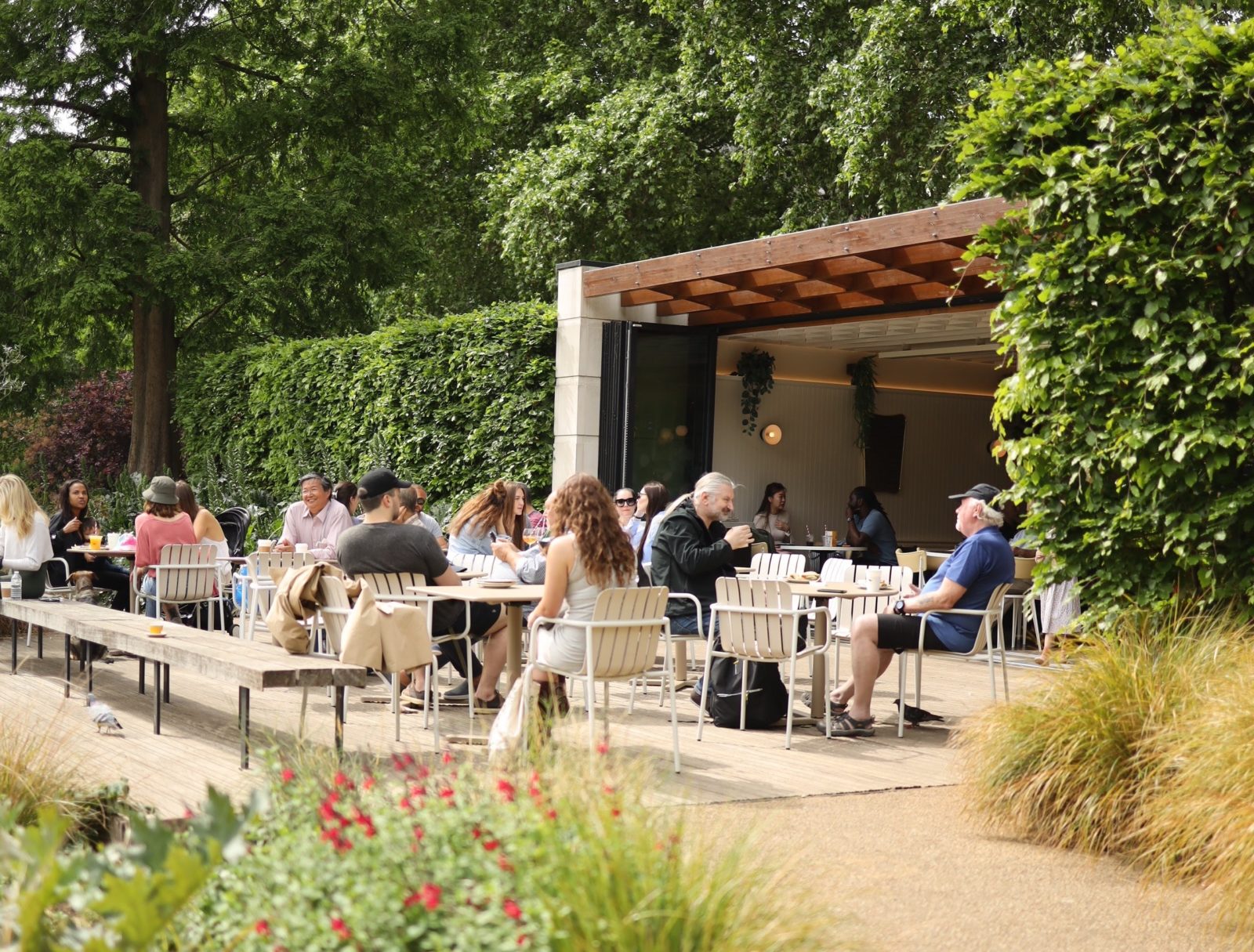
Is there a certain atmosphere you want your tasting room or taproom to embody when you walk through the front doors? Location will play a part in setting the atmosphere. If you’re going for an urban, edgy feel, consider a downtown location in the heart of the city where foot traffic will bring in your primary customers. Looking for a more romantic, secluded destination? Look for an area with more space that allows your guests to stretch out and enjoy the peace and quiet of the surrounding area.
It’s also important to consider how this location choice is going to eventually impact your overall marketing strategy. For example, if your brewery sets up shop in a more remote part of town, you’ll likely find that you need to market more to keep your business top of mind for customers who aren’t likely to physically drive by your space. However, doing so might attract new customers who are local to that area and have been waiting for a new watering hole to call home!
What’s the parking situation?
If your location is not easily accessible by walking, you want to make sure your location has plenty of parking — especially if it’s in a suburban area. A lack of parking availability could put a ding in your sales if your location doesn’t also have accessibility to public transportation options. In the end, it all comes back to understanding exactly who you’re trying to attract to your space and then creating a place that’s enticing for them to continue returning to time and time again.
Who is our competition?
It’s totally natural to want to set your brewery or winery apart from the competition, but have you considered how your physical space plays its part in that process? After all, it’s probably not the best move to build your microbrewery right next door to the biggest brewery in town — but then again, customers will overflow into your location when the big guy is full!
Competition plays a healthy part in pushing businesses to be the very best version they can be. Whether it’s because you have a unique location, space, or take on your business, each of these elements influences how your business appears to the outside world and draws newcomers and loyal customers back time and time again.
Who are our neighbors?
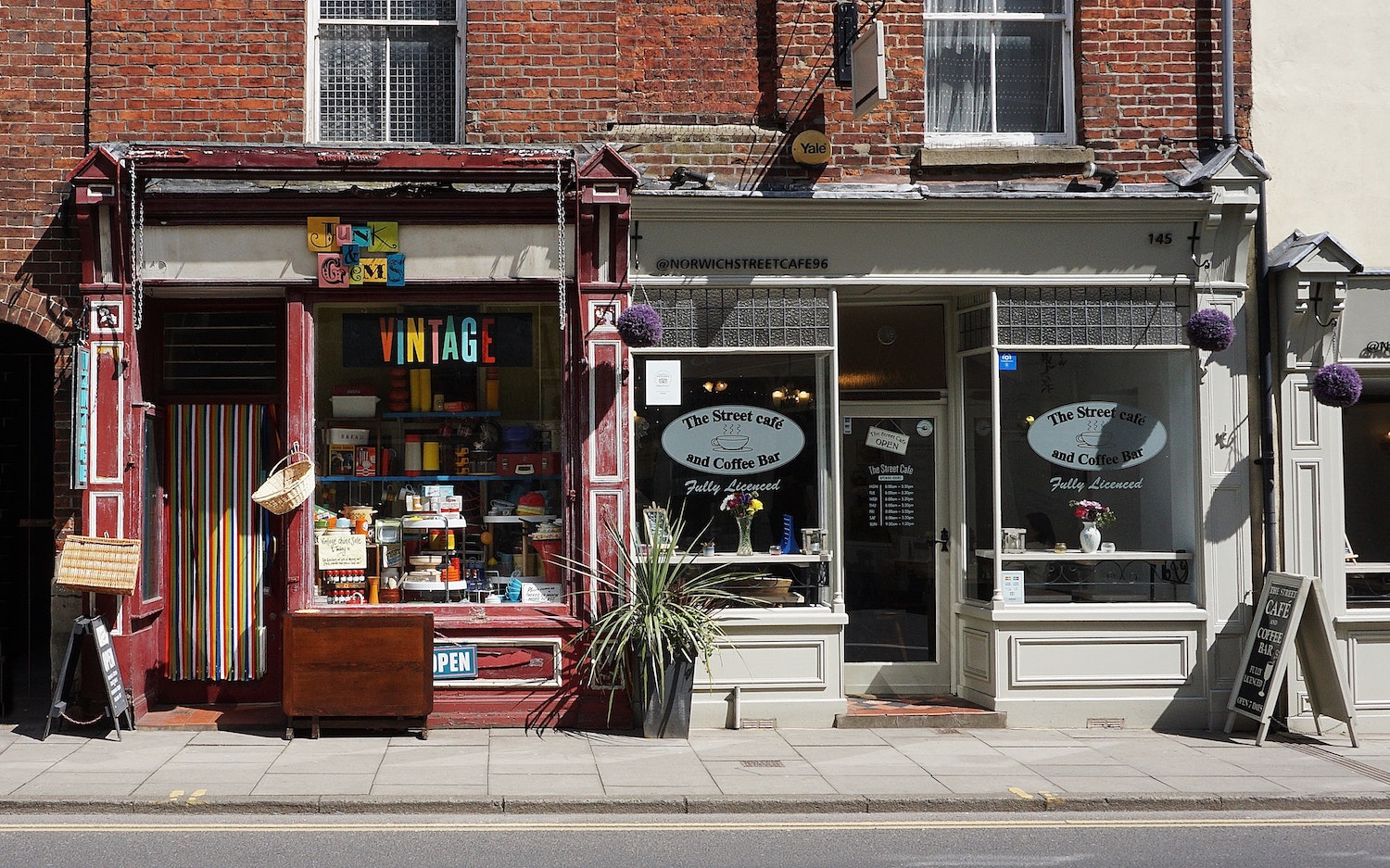
Working with complimentary businesses nearby can help to boost your business in a variety of ways. If your taproom or tasting room doesn’t offer any type of food service, then having nearby eateries can help to drive traffic back and forth between your businesses, leaving satisfied guests all around!
If you’re looking to bring the family crowd, being located in an area that has a variety of kid-friendly activities will be key in drawing in new visitors. Hoping for more of an edgy vibe? Set up shop in an area with art galleries, unique shops, and other eclectic gatherings.
Who is our landlord?
The relationship you establish with your landlord right from the start is really important. You’re investing money, time, and a lot of work into a location that is going to house your brewery or winery for the foreseeable future: don’t compromise on the particulars! It’s also important to note whether a space has seen a lot of business turnover in recent years and ask questions about why these businesses have come and gone so quickly.
Don’t settle for any vague details, and never be afraid to bring in a lawyer to review the details of your lease agreement.
What utilities will we need?
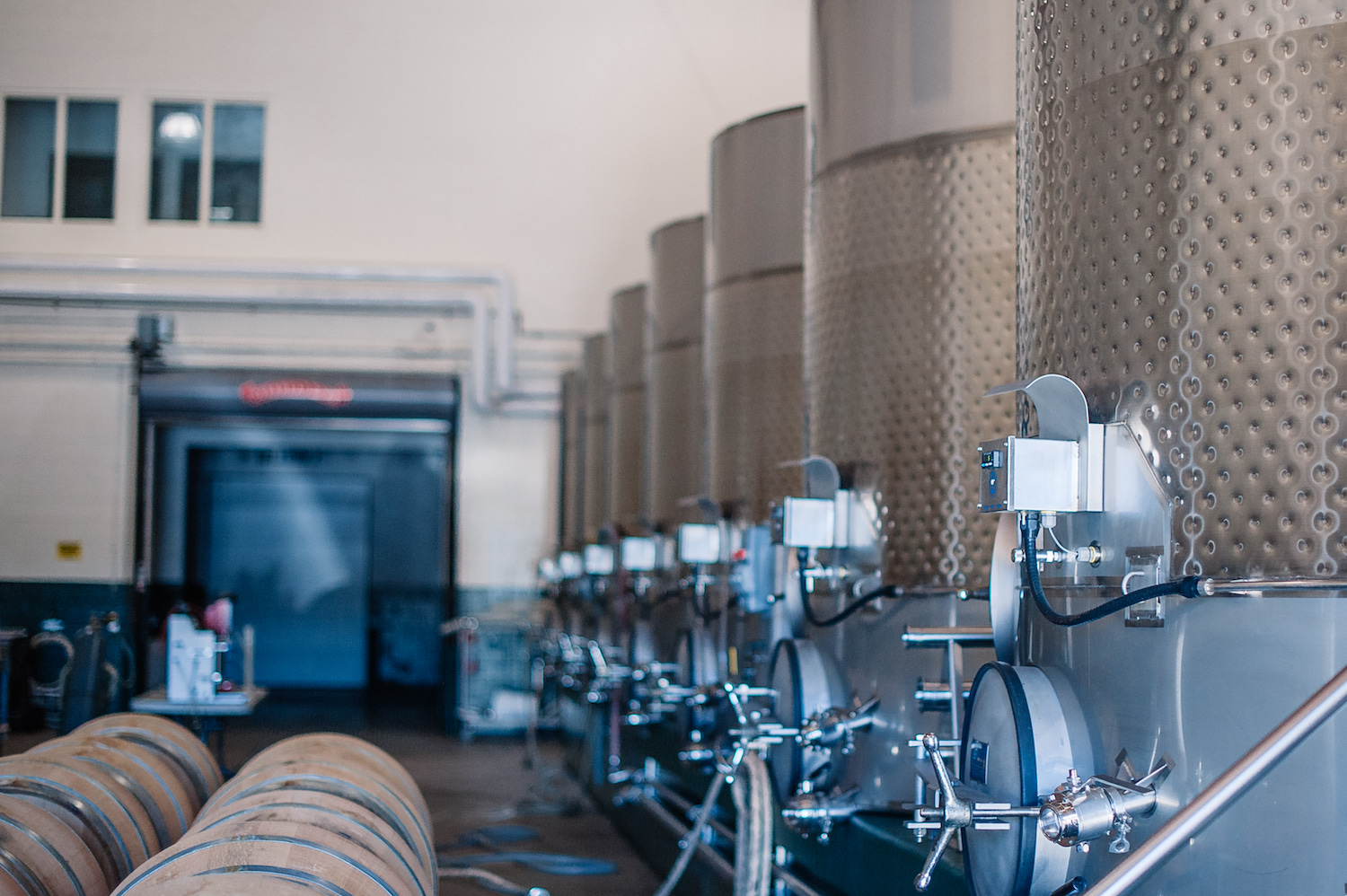
Both breweries and wineries operate with a variety of equipment that all have individual needs, so it’s crucial to determine what utilities and space will be available for your production line — and just how much the whole thing is going to cost.
Determine the size of the water, sewer, electric, and gas supply that comes into the building or unit your business will be in, and decide what will need to be upgraded to meet your processing needs. Does the building have access to three-phase electrical power (which is often preferred for brewing equipment)?
Will you be sharing the water supply with other tenants in the building? After all, water is incredibly important for the brewing process.
Be sure to check out locations that come with production space already built in if you don’t have your own ready to install or are looking to upgrade. Out-of-business brewery and winery locations will already have a ton of things in place that will save you time and money in the long run.
What type of zoning does our location need?
There’s no point in finding and falling in love with the perfect location for your business only to find out that it’s not properly zoned for breweries or wineries. Traditionally, breweries have been relegated to industrial districts under local zoning by-laws that somehow lump breweries into the same category as manufacturing facilities. But as breweries grow in popularity all across the States, local governments are better understanding the places these businesses fit in the local ecosystem. Be sure to check with your city’s zoning department about where you can legally bring your brewery or winery business early on in the process to be safe.
Choosing your location for your business is an exciting endeavor, but it can also be an overwhelming one. Just be sure to do your research, ask the right questions, and lean on your team for help when the time comes.
